If you’ve ever thought that you aren’t a reader, you probably haven’t found your genre yet. Just as there are various ice cream flavors, there are countless niches in reading. Let’s start with the basics:
Fiction: Literature created from the imagination, including made-up stories, characters, and events. Common genres within fiction are mystery, science fiction, fantasy, romance, and historical fiction.
Non-Fiction: Literature based on facts, real events, and real people. This category includes biographies, memoirs, history books, self-help guides, travel books, and true crime stories.
Let’s deep dive into some of my favorite genres of fiction.
Contemporary Fiction: Set in present times, focusing on modern themes and issues with detailed character and plot development. Ideal for those who enjoy connecting with characters dealing with everyday life. Ex: Hello Stranger by Katherine Center and The Wedding People by Alison Espach.
Literary Fiction: Emphasizes artistic language and writing structure. It explores timeless human conditions, evokes strong emotions, and often features serious, thought-provoking themes. Ex: The Heart in Winter by Kevin Barry and The Heaven & Earth Grocery Store by James McBride.
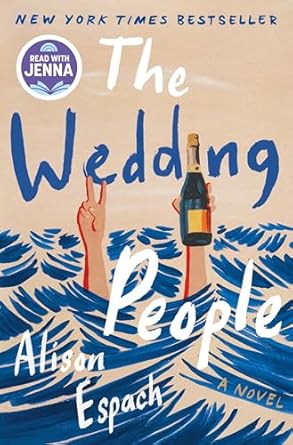
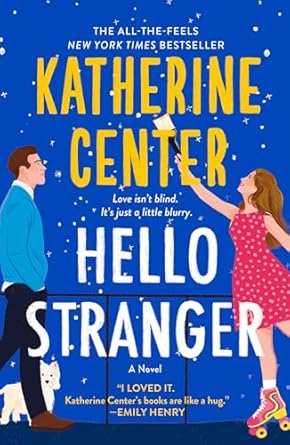
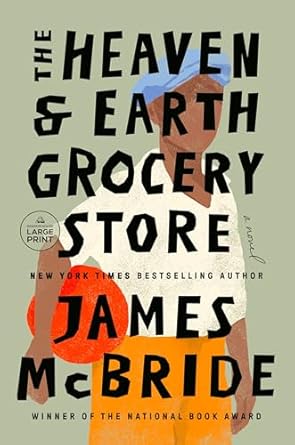
Speculative Fiction encompasses genres that involve elements beyond our reality, including Science Fiction and Fantasy.
Science Fiction: Features real-life science or realistic magic, often set in the future with themes like space or time travel. Uses scientific concepts to imagine future societal developments. Ex: Toward Eternity by Anton Hur and Critical Mass by Daniel Suarez.
Fantasy: Involves imaginative settings and elements. High fantasy introduces entirely fictional worlds, while low fantasy combines real-life settings with magical elements, often featuring mythological and folklore-based characters and creatures. Ex: Fourth Wing by Rebecca Yarros and The Midnight Library by Matt Haig.
Dystopian Fiction: a subgenre of science fiction, explores grim futures where societies face the consequences of catastrophic events—whether political, environmental, or technological. These stories challenge readers to consider “What if?” scenarios, often highlighting the darkest aspects of human nature and society. Ex: The Hunger Games by Suzanne Collins and The Handmaid’s Tale by Margaret Atwood.
Conversely, Utopian Fiction presents idealized worlds, offering a hopeful vision of what society could become. These contrasting themes often appear within the same book, providing a balance of despair and hope. Ex: The Giver by Lois Lowry.
Speculative fiction also includes Horror, particularly when involving supernatural elements like ghosts or magic. Horror often features creatures like vampires, zombies, and witches, blending fear with the fantastical. Ex: The First to Die at the End by Adam Silvera and The Sundown Motel by Simone St. James.
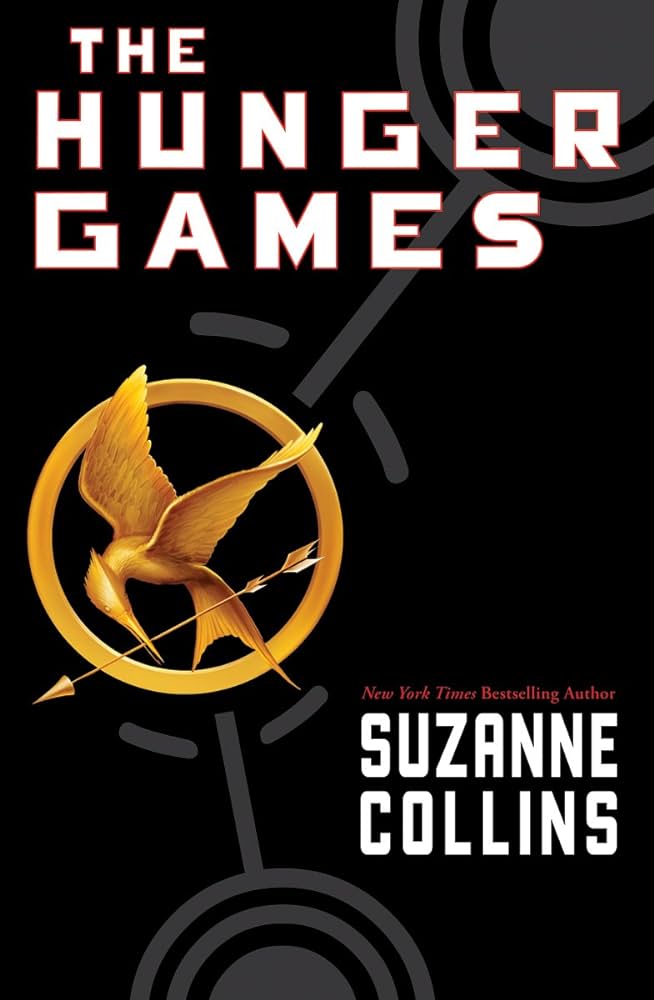
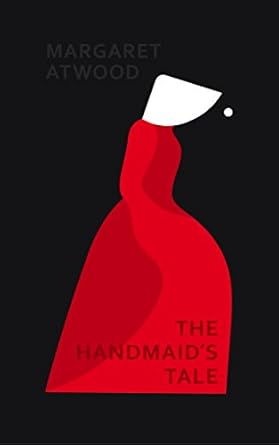
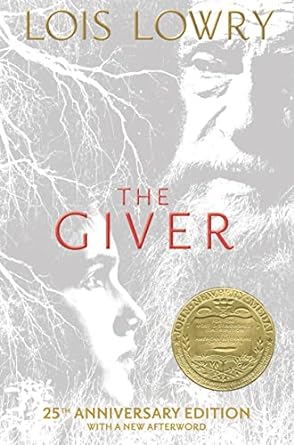
Other Popular Genres and Examples
- Romance: Love and relationships with happy endings (ex., “Pride and Prejudice,” “The Notebook”).
- Historical Fiction: Blends fact and fiction (ex., “The Book Thief,” “All the Light We Cannot See”).
- Horror: Frightening with supernatural elements (ex., “It,” “The Haunting of Hill House”).
Non-Fiction Categories
- Biography and Memoir: Personal life stories (ex., “The Diary of a Young Girl,” “Becoming”).
- History: Accounts of past events (ex., “Sapiens”).
- Self-Help: Personal development and mental health (ex., “The Power of Habit,” “Atomic Habits”).
- Science and Technology: Scientific concepts and tech advancements (ex., “A Brief History of Time,” “The Innovators”).
- Travel: Cultural and travel experiences (ex., “Eat, Pray, Love,” “Into the Wild”).
- True Crime: Real-life criminal cases (ex., “In Cold Blood,” “I’ll Be Gone in the Dark”).
- Health and Wellness: Nutrition, fitness, and mental health (ex., “The Whole30,” “The Body Keeps the Score”).
Tips for Navigating the Library
- Use the Catalog: Search online for books by genre, author, or title.
- Ask Us a Question: Get personalized recommendations.
- Join a Book Club: Discover new books and meet like-minded readers.
- Attend Events: Deepen your understanding of various genres.
Plymouth District Library is the perfect place to start your literary journey, offering a world of stories just waiting to be discovered.